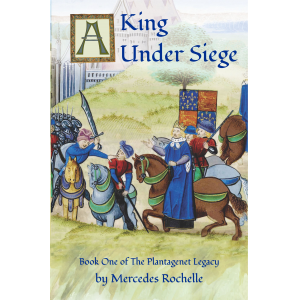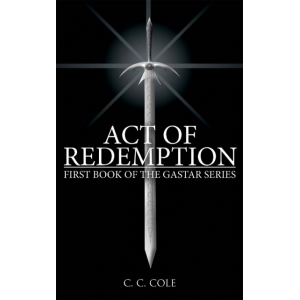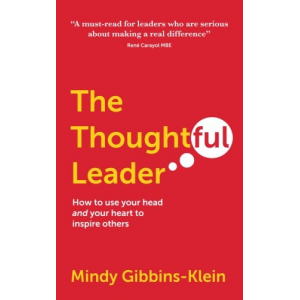- Author
- Book
- Story behind the book
- Media Links
- Reviews

Archimedes Muzenda
About
Archimedes Muzenda is a city planner and researcher on African urbanisation and urban development. He has worked across Africa conducting research and supporting African cities with technical advisory on urban development. Across the continent he has worked with various cities from those emerging crisis and conflicts to cities on take-off. Archimedes is a senior research associate at the African Urban Institute.

A King Under Siege
Description
<p><span style="color:rgb(15,17,17);font-family:'Amazon Ember', Arial, sans-serif;font-size:14px;">Richard II found himself under siege not once, but twice in his minority. Crowned king at age ten, he was only fourteen when the Peasants' Revolt terrorized London. But he proved himself every bit the Plantagenet successor, facing Wat Tyler and the rebels when all seemed lost. Alas, his triumph was short-lived, and for the next ten years he struggled to assert himself against his uncles and increasingly hostile nobles. Just like in the days of his great-grandfather Edward II, vengeful magnates strove to separate him from his friends and advisors, and even threatened to depose him if he refused to do their bidding. The Lords Appellant, as they came to be known, purged the royal household with the help of the Merciless Parliament. They murdered his closest allies, leaving the King alone and defenseless. He would never forget his humiliation at the hands of his subjects. Richard's inability to protect his adherents would haunt him for the rest of his life, and he vowed that next time, retribution would be his.</span><br /><span class="a-text-bold" style="color:rgb(15,17,17);font-family:'Amazon Ember', Arial, sans-serif;font-size:14px;font-weight:700;">B.R.A.G. Medallion honoree!</span></p>
Story Behind The Book
The idea to write this book came from various interactions I had with various own planners across the African continent. I had seen how disastrous cities across Africa were developing. I had met various specialists who knew only about their speciality and were dogmatic, shutting down others in meetings and workshops. I listened as town planners and policymakers praise some of the most disastrous urban development models ever happened on earth. How they wanted them in their cities. I became frightened when such models started rolling out across the continent. In all the frustration however, I could not find much writing on African cities that was outside the politics and political economy of urban development. I wanted to understand, under the shell of toxic politics, how are town planners doing in their responsibilities. I spent few years hooping from one conference to another presenting my arguments to other town planners and urban studies scholars. Then I realised, the arguments were as fragmented as the specialists planners themselves. I needed to put them together and communicate with the people who live in cities, citizens. So began the writing of this book.
Media Links
Reviews
<p><span style="font-family:verdana, arial, helvetica, sans-serif;font-size:small;">"Archimedes Muzenda understands the evolution of cities in an illuminating way. His use of global history to put urbanization of Africa into global perspective debunks so many myths about African cities...This is a must read book on African cities beyond the hype...he takes no prisoners in his polemic against what he calls specialists." - </span><i style="font-family:verdana, arial, helvetica, sans-serif;font-size:small;">African Planning Magazine</i></p>






